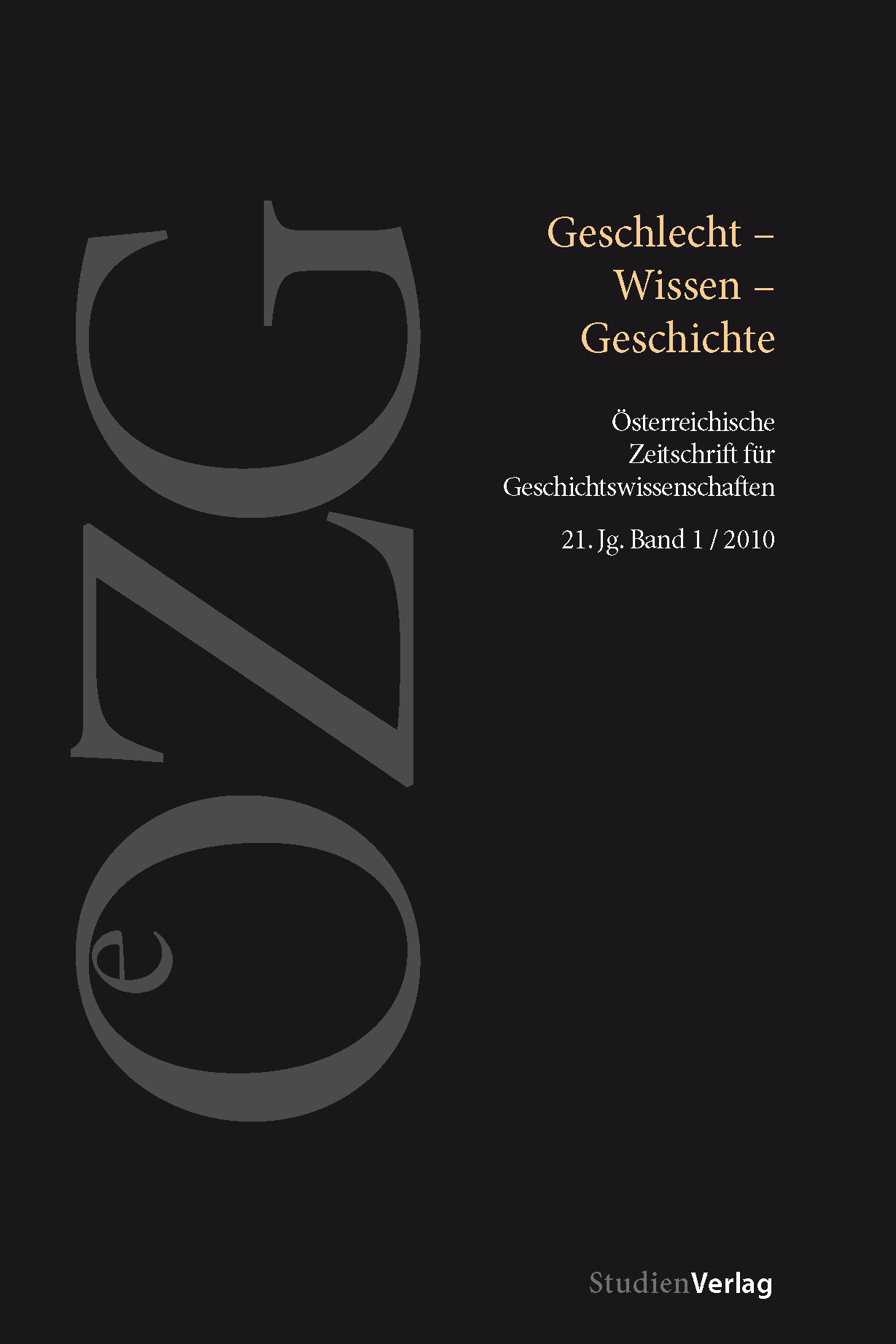Die Geschlechterordnung der Fabrik
Arbeitswissenschaftliche Entwürfe von Rationalisierung und Humanisierung 1900–1970
DOI:
https://doi.org/10.25365/oezg-2010-21-1-5Keywords:
factory, gender, efficiency, human relations, ergonomicsAbstract
This articles shows from a gender perspective how in twentieth century Germany the sciences of work dealt with the problems of the factory’s spatial order and the human factor. Starting in the 1920s, workers were no longer regarded as mere objects of discipline but rather as individuals whose individuality was to be utilized. As the women workforce grew, also the scientists’ of work interest in the gender question gained significance. Consequently, ergonomics argued for workplace engineering and a new form of leadership that took special care of “psychological and aesthetic” female needs. Therefore, the discourse on humanizing work, becoming hegemonic after 1945, had gender roots usually neglected by historical research.


